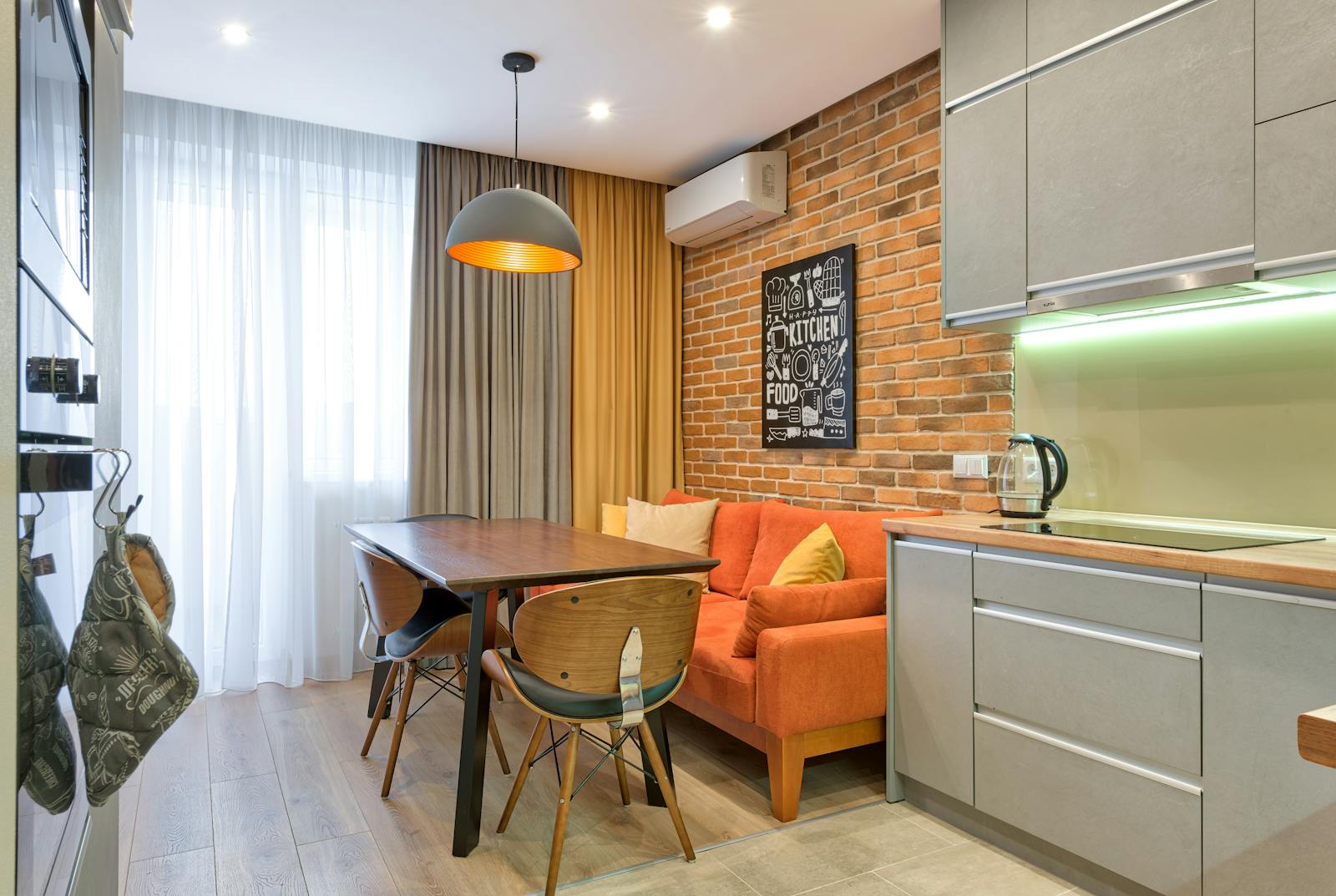Want to start investing in Ottawa rental properties in 2025? This guide covers financing, location tips, returns, and landlord essentials for beginners.
Why Ottawa is a Great City for Rental Property Investment in 2025
Ottawa continues to stand out as one of Canada’s most stable and profitable cities for real estate investment. In 2025, it offers an appealing combination of:
Strong rental demand from students, government workers, and newcomers
Low vacancy rates, especially in suburban and university-adjacent areas
Steady appreciation in home values
A balanced mix of urban, suburban, and rural opportunities
Ottawa’s economy—rooted in government, tech, and education—makes it resilient and attractive for both long-term and short-term investors.
Types of Rental Properties to Consider
Not all rental properties are created equal. Here’s a breakdown of popular options for new investors:
Start with a type that suits your budget, lifestyle, and risk tolerance.
Choosing the Right Ottawa Neighbourhoods for Rental Income
Location is key to maximizing ROI. Here are some top rental areas in 2025:
Look for access to transit, amenities, schools, and employment hubs.
How to Calculate ROI on a Rental Property
Understanding the numbers is crucial. Here’s how to assess your investment:
🧮 Example Calculation:
Purchase price: $600,000
Monthly rent: $2,800
Annual rent: $33,600
Expenses (mortgage, tax, insurance, maintenance): $26,000
Cash Flow: $7,600/year
ROI: ($7,600 ÷ $120,000 down payment) x 100 = 6.3%
Also consider:
Cap Rate: Net operating income ÷ purchase price
Appreciation: Ottawa’s homes rise ~4–5% annually (historically)
Tax deductions: Depreciation, repairs, interest
Financing Your First Investment Property
In 2025, you’ll need a minimum 20% down payment for a non-owner-occupied property in Canada.
Financing Checklist:
Good credit score (680+)
Steady income and debt-to-income ratio < 44%
Investment-specific mortgage pre-approval
Consider home equity lines or co-investing
Also explore:
B lender options for flexible credit
Private lenders for renovation-heavy properties
A mortgage broker can help tailor your strategy.
Legal and Tax Considerations for Landlords in Ontario
Being a landlord in Ottawa means following the Ontario Residential Tenancies Act (RTA).
Legal Notes:
Follow rent control laws and tenant rights
Use standard lease agreements (mandatory in Ontario)
Provide 24-hour notice for entry
Tax Requirements:
Declare all rental income
Deduct: mortgage interest, maintenance, property tax, insurance
Capital gains apply when selling investment properties
Consider speaking with a real estate accountant to maximize deductions and minimize risk.
Managing Tenants: DIY vs Property Managers
Managing your rental yourself can save money, but it takes time and effort.
Most managers charge 8–10% of monthly rent, plus leasing fees.
Renovations that Boost Rental Value in Ottawa
Strategic upgrades increase rent and tenant satisfaction. In 2025, top ROI renovations include:
Kitchen and bathroom updates
Separate laundry for tenants
Smart home features (thermostats, lighting)
Legal basement units for duplex conversion
Energy-efficient windows and insulation
Be sure to obtain permits and follow local bylaws—especially for secondary suites.
Risks and How to Avoid Common Pitfalls
Investing always comes with risks—but smart preparation minimizes them.
Watch Out For:
High vacancy in less desirable locations
Problem tenants (do proper screening!)
Maintenance surprises (budget 5–10% annually)
Market dips—have a long-term outlook
Also protect yourself with:
Landlord insurance
Emergency fund
Legal knowledge or a reliable property manager
FAQs About Investing in Ottawa Rental Properties
1. Is Ottawa a good market for rental investments in 2025?
Yes—low vacancy, steady appreciation, and a growing population make it ideal.
2. Can I live in part of the property and rent the rest?
Yes—that’s called house hacking, and it’s great for beginners.
3. How much rent can I charge in Ottawa?
Check comparable listings on Rentals.ca or Facebook Marketplace, and use Rentometer.
4. Do I need a business license to rent out a property?
Not for standard long-term rentals, but short-term rentals (e.g., Airbnb) require a license.
5. How do I screen tenants properly?
Ask for credit reports, references, employment verification, and use legal screening tools.
6. Can I increase rent every year?
Yes—but only by the government-set guideline, usually ~2% annually.
Final Thoughts: Building Wealth Through Rental Property in Ottawa
Investing in rental properties in Ottawa is a smart, scalable path to financial freedom—but it requires research, strategy, and patience. Whether you’re buying your first condo or expanding into multiplexes, the opportunities in 2025 are rich for those willing to plan, learn, and act.
Start small, build steadily, and let Ottawa’s stable market do the rest. 🏡💼

